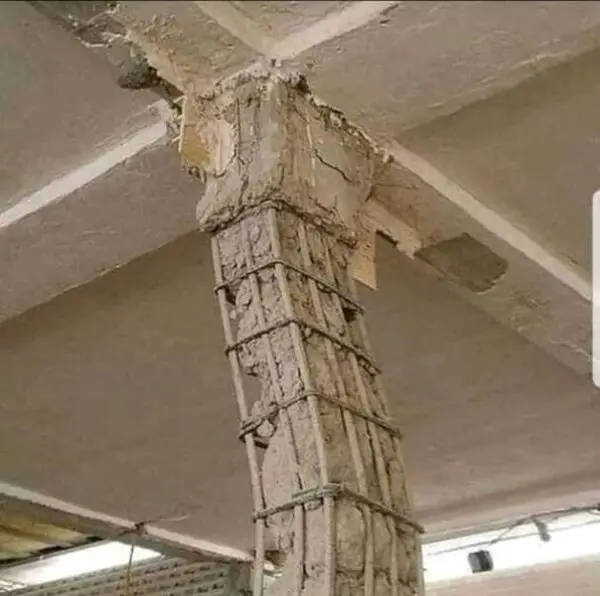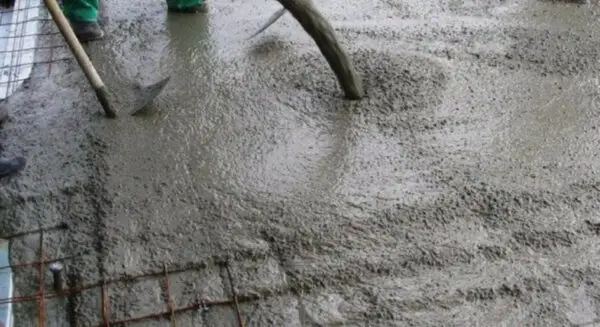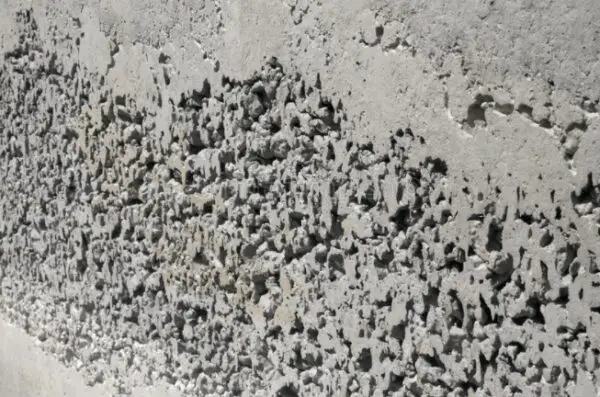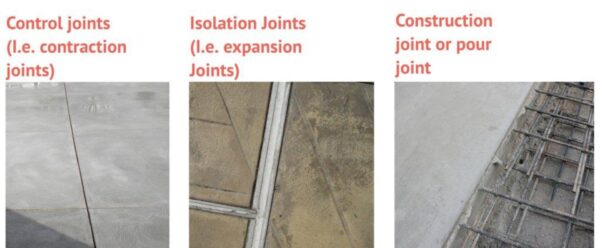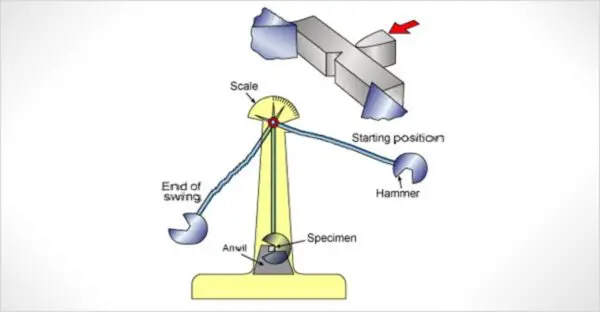They are essential building materials used in all facets of construction, from homes and buildings to landscaping projects.
This guide explores the various types of concrete blocks available, their key properties and applications, and important specifications to consider when selecting blocks.
What is a Concrete Block?
Also known as concrete masonry units (CMUs), are precast rectangular blocks containing Portland cement, aggregates, and water that hardens over time.
They come in a variety of standard sizes, typically with hollow or solid cores, allowing for reinforced steel and concrete filling. The hollow spaces also reduce the weight.
They provide structure, load-bearing walls, sound and fire resistance, and thermal mass insulation.
They offer versatility, durability, and customization potential through color, texture, and architectural finishes. Read on for an overview of the uses of concrete blocks and the different types available.

Uses of Concrete Blocks
They have many applications in residential, commercial, and civil construction projects, including:
- Structural Building Frames: Construct durable load-bearing walls in homes, apartments, offices, warehouses, and infrastructure. Reinforcing with steel rebar and filling cores with concrete enhances structural integrity.
- Foundations and Basements: They make stable foundations for floating slabs. Their moisture resistance suits below-grade masonry basement walls and retaining walls exposed to soil.
- Landscaping: Decorative and permeable concrete blocks contain drainage holes. They create attractive yet functional retaining walls, planter boxes, fences, and paved areas.
- Sound Barrier Walls: Solid concrete blocks absorb noise transmission along highways, rail corridors and near airports. Soundproof reduce noise pollution.
- Fire Protection: Fire-rated concrete blocks achieve fire-resistance ratings from one to four hours. They prevent fire spread and structural collapse in commercial buildings.
With durability, customization, and loadbearing capacity, suit almost any building need. Let’s explore the various types available.
Types of Concrete Blocks
Many varieties meet different architectural requirements and structural needs:
Textured Concrete Blocks
Textured blocks contain exposed aggregates for aesthetics. Options like split face blocks have a rough, stone-like texture. Rumbled blocks display rounded, tumbled aggregate along the surface. Other textures like combed and rodded finishes are also available.

Textures give walls visual depth and interest. They suit any style from modern conversions to historic replicas in commercial or residential buildings. Specifiers should check code compliance for reinforced masonry in seismic zones.
Colored Concrete Masonry Units
They come in common gray cement colors. Or add pigments during production to achieve vibrant blocks in many colors and multi-hued blends.
Color provides visual appeal in concrete masonry on exterior building facades, garden walls, planter boxes, swimming pools or road medians. Color also denotes highways lanes, safety delineation zones and wayfinding directions.
Integrally colored blocks maintain appearance despite weathering compared to surface-applied paints or coatings. Popular masonry colors include brick red, burnt orange, tan, charcoal, and ebony. Pastel shades are also available.
Architectural Concrete Blocks
Architectural blocks offer diverse styles for decorative building projects. Options like:
- Patterned blocks: containing embedded tiles or brick faceprints.
- Ground face blocks: polished with sanded face aggregates showing.
- Glazed blocks: with glossy ceramic-like surface.
- Simulated stone blocks: molded to emulate limestone or sandstone.
Ornate architectural blocks enhance building aesthetics. Specifiers can consult suppliers to match existing structures or customize entirely new looks.
Hollow Concrete Blocks
These are the most common type of concrete blocks. They have open cavities or voids in the center to reduce weight while maintaining strength.
Decorative Concrete Blocks for Landscaping
Landscaping add functionality, amplify garden designs, and provide eco-friendly permeable paving. Types include:
- Grass pavers: with drainage gaps for turf or vegetation growth.
- Permeable pavers: with porous structure absorbing storm water runoff.
- Interlocking pavers: with ridges allowing cross-configuration installations.
Decorative options feature alluring textures, interesting aggregates, rich colors and faux stone or brick finishes. Landscape blocks suit patios, walkways, driveways and ecological permeable parking areas.

Concrete Blocks for Basement Walls
Basement walls require waterproof that resist moisture damage and mold growth. Manufacturers specially formulate blocks to reduce water absorption and enhance drainage.
Key performance attributes for basement block walls include:
- Low initial rate of absorption (IRA) below 3 kg/m2/min.
- Residual moisture content less than 35% of total absorption.
- Core gaps and weep holes draining inward moisture buildup.
Concrete basement blocks also have higher compressive strength over 6 MPa and air entrainment improving freeze-thaw resistance. Specify radon-resistant blocks in zones with ground radon gas.
Concrete Blocks with Insulation
Insulating concrete blocks contain expanded polystyrene foam inserts for increased energy efficiency in the cavity cores. This boosts thermal resistance and sound attenuation of exterior walls.
Insulated blocks significantly improve building envelope performance to meet modern energy codes. Foam-filled cores also allow easier installation of utilities without drilling.
Use insulating blocks on exterior basement walls below grade, cavity walls with siding, and interior partition walls requiring noise control. Specify different insulation levels customized for climate conditions.
Fire Rated Concrete Blocks
Fire rated concrete blocks apply specialized aggregates and core compositions preventing fire spread through walls. Ratings range from one to four hours for resistance to high temperatures, flames, and hose streams.
Commercially certified fire blocks feature:
- Multiple cores filled with vermiculite or perlite concrete that expands at over 1000°C.
- Polypropylene fibers reinforcing cement matrix cohesion despite thermal shock.
- High density precast concrete preventing heat transfer to unexposed side.
Use certified fire-rated blocks in commercial buildings. Seek manufacturer guidance matching hourly ratings required per national fire protection codes.
Soundproof Concrete Blocks
Sound blocks have solid dense cores preventing noise transmission through walls and partitions. Options like acoustic blocks feature:
- Rubber particulate adding damping within concrete.
- Polyurethane injected into cores for resonance absorption.
- Foam inserts with constrained layer damping properties.
Test certified acoustic concrete blocks achieve over 50 decibel noise reduction. Specify blocks with the required sound transmission class (STC) and impact insulation class (IIC) ratings.
Interlocking Concrete Blocks
Interlocking blocks connect securely without mortar using cross-configured ridges. The blocks still require properly compacted foundation and providing adequate drainage.
Benefits of interlocking blocks encompass:
- Ease of manual installation without requiring cement mason skills
- Reusability allowing repairs or reconfigurations
- Permeability options with open structured joints
Use interlocking paver blocks for driveways, parking lots, sport courts, patios or garden paths. Larger versions suit retaining walls, erosion control structures, and modular prefabricated buildings.
Reinforced Concrete Block Specifications
Structural integrity requires properly reinforced block walls designed for realistic load conditions.
Here are some key specifications for reinforced concrete blocks:
Grade – Concrete blocks are categorized into grades indicating their recommended use and exposure conditions. Common grades are I, II, III, IV based on minimum average compressive strength. Higher grades have higher strength for more structural applications.
Size – Standard concrete block sizes in the US are 8x8x16 inches, 6x8x16 inches, 12x8x16 inches. Metric sizes like 390x190x190mm are also used. Mortar joints are typically 0.375 to 0.5 inches thick.
Voids – Concrete blocks have hollow cavities inside called voids or cores to reduce weight. Percent voids typically range from 25-45% of total volume for balance of strength and light weight.
Density – Normal density blocks with 25% voids weigh around 125 pounds per cubic foot. Higher density blocks for more structural use can weigh up to 145 psf. Lower void percentages increase block density.
Absorption – Most concrete blocks should absorb less than 10 pounds of water per cubic foot over 24 hours. Lower water absorption indicates lower porosity and permeability.
Fire Rating – Fire rated blocks are tested to withstand high heat for 1 to 4 hours without transmission to unexposed side. Certified ratings confirm code compliance.
Reinforcing – Vertical and horizontal core cells need to be clear for inserting steel rebar and grouting concrete. Extra space assures proper reinforcement placement.
Additional testing criteria encompass bond strength, leakage, and condensation resistance for below-grade masonry.
Dimensional tolerances in concrete blocks enables easy positioning of reinforcing steel and subsequent mortar joints during block wall construction.
Checking key specifications helps ensure suitable blocks are supplied for building applications, especially reinforced masonry structures. Let me know if you need any specifics on reinforcing best practices as well!
Conclusion
Concrete block masonry offers customizable structural and aesthetic properties suiting almost endless construction applications.
Choosing the right blocks entails balancing functional performance, attainable sustainability goals, and costs.
Review the critical specifications outlined here when selecting between standard or decorative concrete block types.
And consult reputable manufacturers along with qualified civil engineers to leverage blocks meeting your specific building requirements. This ensures long-lasting, resilient concrete block structures.

